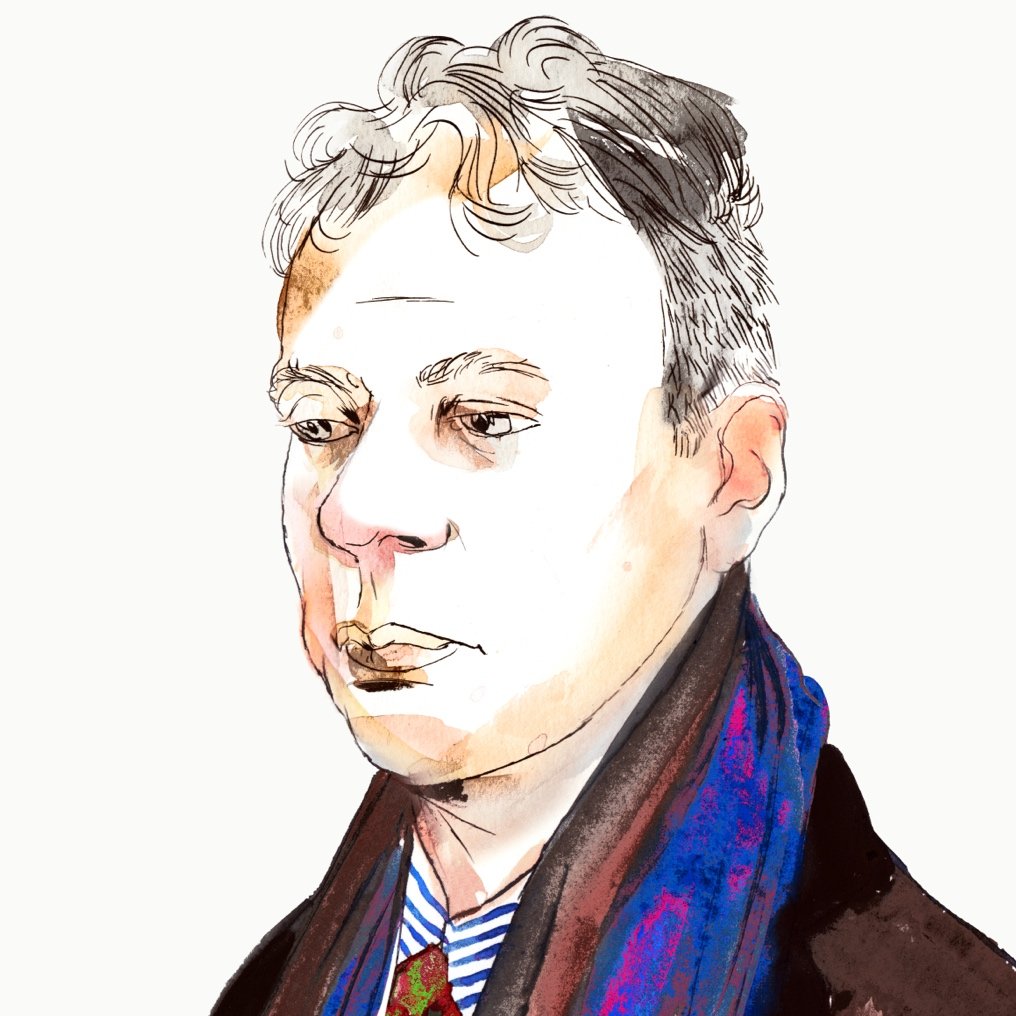Last night, the Intercollegiate Studies Institute hosted a banquet at the University Club in New York City, with Peter Thiel as the guest speaker. Thiel is one of the titans of the Digital Age, famous as the founder of PayPal and the first outside investor in Facebook. Less known are his fight against multiculturalism in higher education (he was at Stanford during the infamous days of “Hey, hey, ho, ho, Western civ has got to go!”), love of Great Books, and faith in God.
In fact, the first point he made in his speech is, “The core problem in our society is political correctness.” Not income inequality, racism or sexism, political polarization, or other frequent choice, but the value-narrowing thought control of identity politics, bien-pensant attitudes, and the other ingredients of PC. For Thiel, it isn’t the politics that make political correctness so corrosive, but the coerciveness. Thiel’s whole approach to entrepreneurship starts with the premise that, as he put it, “Great things happen only once.” Political correctness demands the same ideas and words, policing minds so that they repeat the common moral wisdom, but wondrous inventions are non-repeatable. “Don’t bother starting the 10,00oth restaurant in Manhattan,” he urged. “Find something to do that if you don’t do it, it won’t get done.”
This is the theme of his new book, Zero to One, authored with Blake Masters, a contrarian manual for success. It has to be contrarian because the rise of political correctness goes along with a regrettable expanding timidity in American society, Thiel argues, whereby we have gone from the great faiths of the mid-twentieth century when people believed grand dreams of space travel, educational advancement, cures for diseases, and miraculous new kinds of energy, to the pessimism of today, where nobody seems to make exuberant plans for the future. “We’ve become a more risk-averse society,” he said, “we’ve lost hope in the future.” The problem isn’t one of intelligence, but of character. “We live in a world in which courage is in less supply than genius.”
At one point, Thiel singled out one cause for this condition. Aristotle defined our humanity, in part, as the instinct to imitation, he noted, but when human beings pay too close attention to one another, imitation can go wrong. Instead of mutual healthful influence taking place, we get conformity.
That has happened because “we’ve lost transcendent reference points,” and so “we look too much to one another.” When God and his Word disappear from public life, the human community takes their place and supplies all us with its own values, norms, beliefs, and aims. The outcome isn’t a vibrant humanism. No, Thiel concludes, “We lose the freedom to think for ourselves.”
The universities are partly at fault, he continued, and they are due for a reckoning. Thiel compared them explicitly to the Church, and not optimistically. “The universities face the same crisis the Catholic Church faced five hundred years ago.” They are secularism’s church, and “Secular salvation requires that you go through it” in order to reach secularism’s paradise. Professors are its priests, campuses are its seminaries, with one difference: “There was more diversity in the Catholic Church back then than there is in the university now.”
In a final note, when asked which Great Book he would assign to students if he could only choose one, Thiel balked, stating that at University of Chicago and elsewhere, it has always been in the plural, Great Books. But then he offered his choice: “I guess it would just have to be the Bible.”
The Battle of Minneapolis
The Battle of Minneapolis is the latest flashpoint in our ongoing regime-level political conflict. It pits not…
Of Roots and Adventures
I have lived in Ohio, Michigan, Georgia (twice), Pennsylvania, Alabama (also twice), England, and Idaho. I left…
Our Most Popular Articles of 2025
It’s been a big year for First Things. Our website was completely redesigned, and stories like the…


